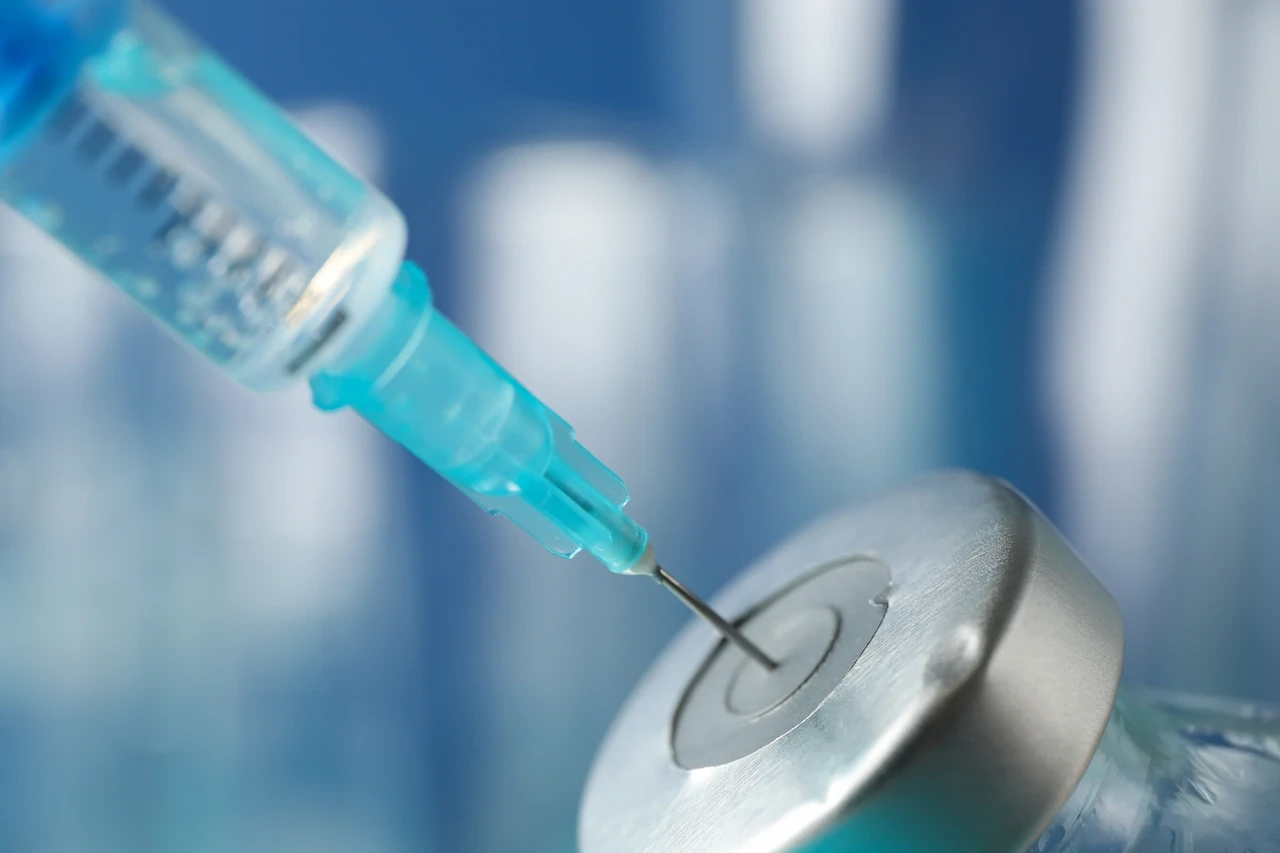
What is Diabetes Mellitus?
Diabetes is a chronic metabolic disorder characterized by abnormally high blood sugar levels. It occurs when the body either doesn't produce enough insulin or can't properly use the insulin it does produce. Insulin is a hormone that regulates blood glucose levels, and without it, glucose builds up in the bloodstream, leading to various health complications over time.
Type 1 Diabetes Mellitus
Type 1 diabetes accounts for less than 10% of the population suffering from chronic hyperglycemia. Typically diagnosed in children and adolescents, type 1 diabetes can occur at any age. Adult-onset type 1 diabetes is more common than childhood-onset type 1 diabetes. A leading hypothesis for the development of type 1 diabetes includes autoimmune destruction of pancreatic islet cells and occurs more frequently among individuals suffering from other autoimmune disorders such as thyroiditis and celiac disease. Type 1 diabetes is treatable but currently irreversible.


Type 2 Diabetes Mellitus
Formerly referred to as "adult-onset" diabetes, type 2 diabetes is, unfortunately, occurring in young and old individuals alike, accounting for the majority of patients with diabetes. Type 2 diabetes is characterized by insulin resistance. Type 2 diabetes is caused by metabolic dysfunctions commonly associated with excessive carbohydrate intake and obesity. Type 2 diabetes typically develops slowly and may go undiagnosed for several years as symptoms are often not severe enough for patients to notice in the early stages. Type 2 diabetes can be controlled with lifestyle modifications and/or non-insulin pharmaceuticals; however, greater than 35% of patients with this form of diabetes require insulin injections to maintain adequate control of blood glucose.
Lifestyle Treatment for Diabetes Type 2
Lifestyle treatment for type 2 diabetes focuses on healthy eating, regular exercise, weight management, and stress reduction. These changes can help improve blood sugar control, lower the risk of complications, and even lead to remission of the disease in some cases. We partner with patients to help you determine which lifestyle changes they can make to reverse their diabetes and walk along side them until they see the results of their efforts.

Healthy Eating
- Balanced Diet: Focus on nutrient-dense foods like fruits, vegetables, whole grains, lean proteins, and low-fat dairy products.
- Portion Control: Monitor portion sizes to help maintain a healthy weight.
- Limit Sugary Beverages and Processed Foods: Reduce intake of sugary drinks, processed foods, and saturated fats, which can worsen blood sugar control and contribute to heart disease.
- Consider Eating Two Meals a Day: For some individuals, reducing meal frequency from three to two meals a day may improve blood sugar control.


Regular Exercise
- Aim for at least 150 minutes of moderate-intensity exercise per week: Activities like brisk walking, biking, or swimming can help lower blood sugar, improve insulin sensitivity, and promote weight loss.
- Consider Exercise After Meals: Light exercise after eating can help glucose enter cells and mimic insulin's effect.
- Include Strength Training: Incorporating strength training into your routine can help improve insulin sensitivity and overall fitness.
Other Lifestyle Changes
- Identify and Manage Stress: Stress can contribute to blood sugar spikes, so finding healthy ways to manage stress, such as meditation, deep breathing, or yoga, is important
- Quit Smoking: Smoking can worsen blood vessel damage and increase the risk of diabetes-related complications.
- Limit Alcohol: If you choose to drink alcohol, do so in moderation.
- Regular Checkups: See your doctor regularly to monitor your blood sugar levels and discuss any concerns.

Diabetes Bill of Rights
You have the right to be fully informed about all treatment options for Type 2 Diabetes before consenting to treatment.
You have the right to be given accurate, complete, and unbiased information about Type 2 Diabetes, pre-diabetes, and insulin resistance, including the benefits of treatment with a predominantly whole food, plant-based diet and other Lifestyle Medicine interventions such as physical activity, sleep hygiene, and stress management.
You have the right to know the full effects of all medications prescribed to you, including the side effects that can accelerate and
Exacerbate the underlying causes of Type 2 Diabetes.
You have the right to know that certain foods increase your risk of developing Type 2 Diabetes.
You have the right to have your Type 2 Diabetes medications reduced or eliminated, if you undergo lifestyle therapies that successfully treat the underlying causes of your condition.
You have the right to work with doctors and health care professionals who understand the links between lifestyle choices and Type 2 Diabetes, and who are equipped with the knowledge and strategies to treat and reverse disease through therapeutic lifestyle change.
You have the right to ongoing education on whole food, plant-based nutrition, meal planning, and culinary skills.
You have the right to know that the same diet and lifestyle changes that can prevent, arrest and, often reverse Type 2 Diabetes may do the same for other chronic conditions—coronary artery disease, obesity, high cholesterol, high blood pressure, arthritis, even some cancers and autoimmune conditions—leading to the best chance of overall good health.
